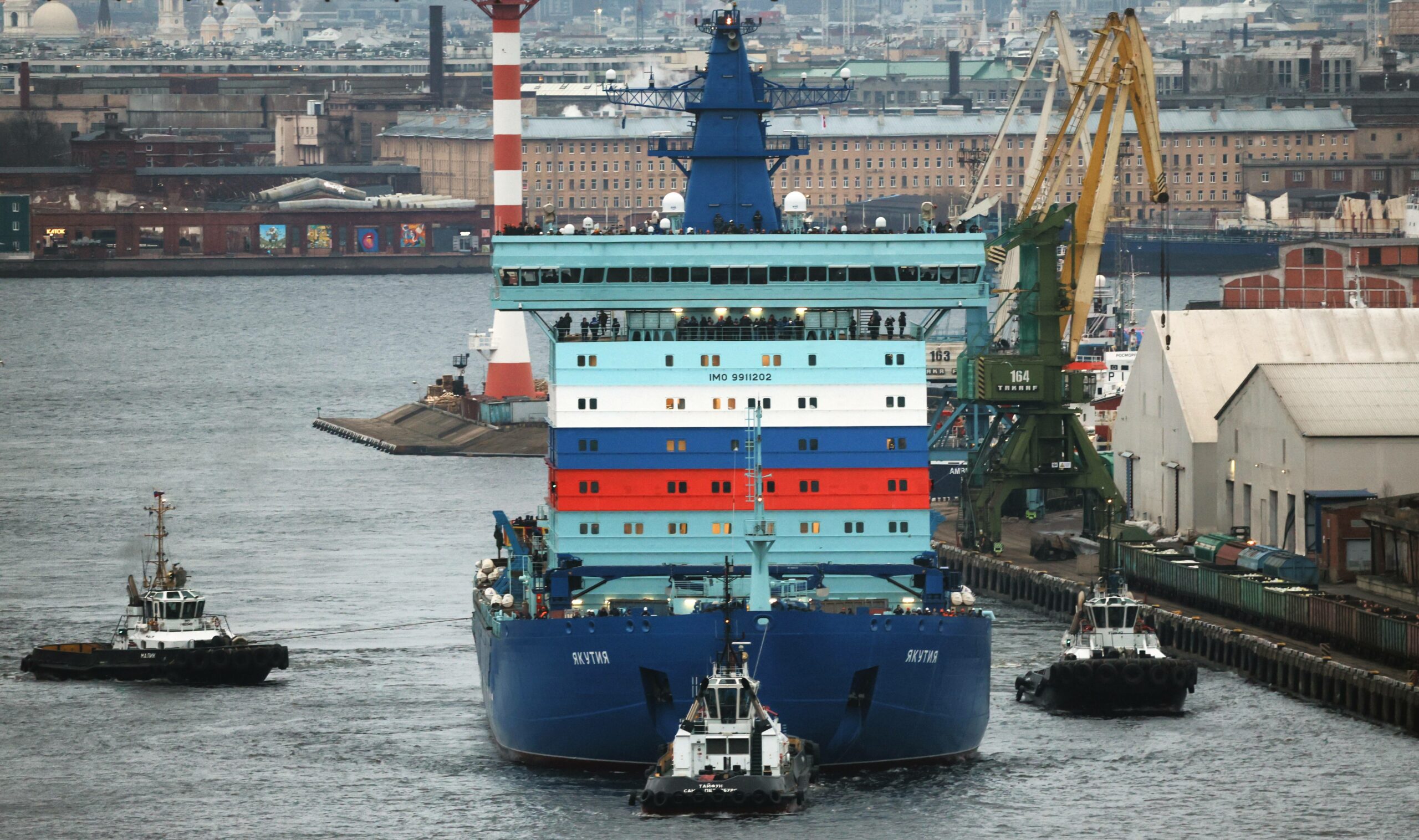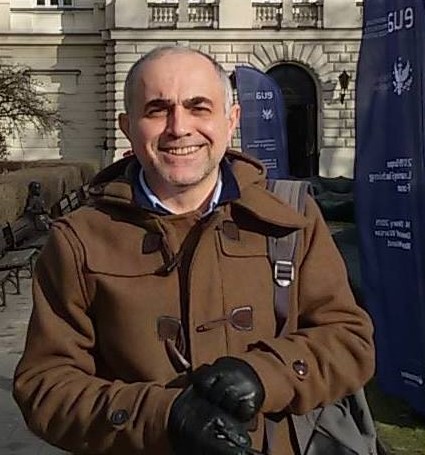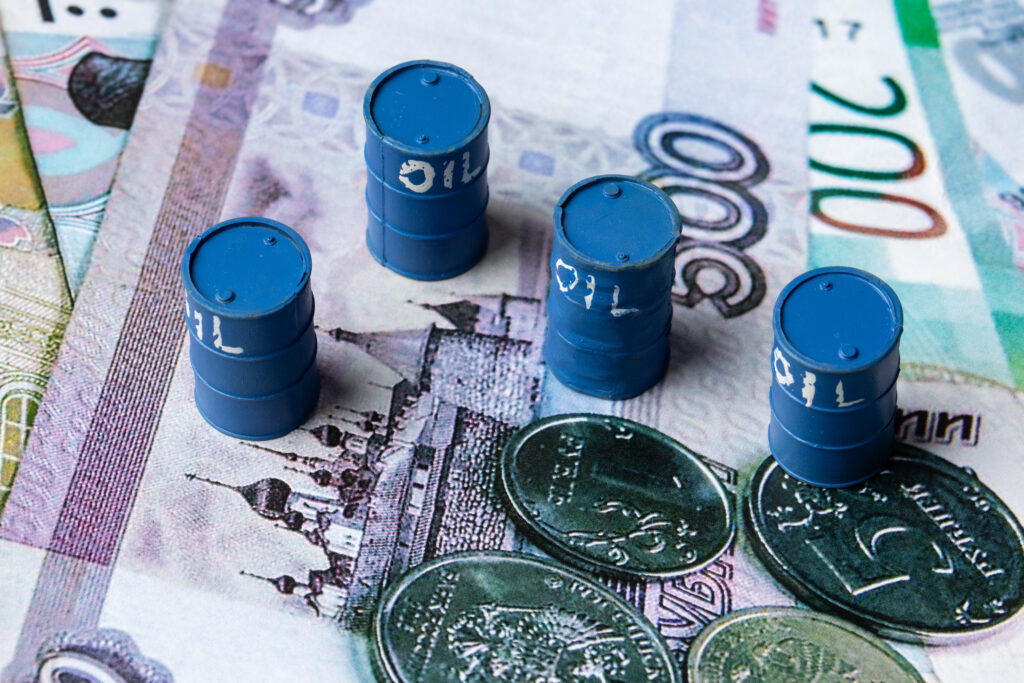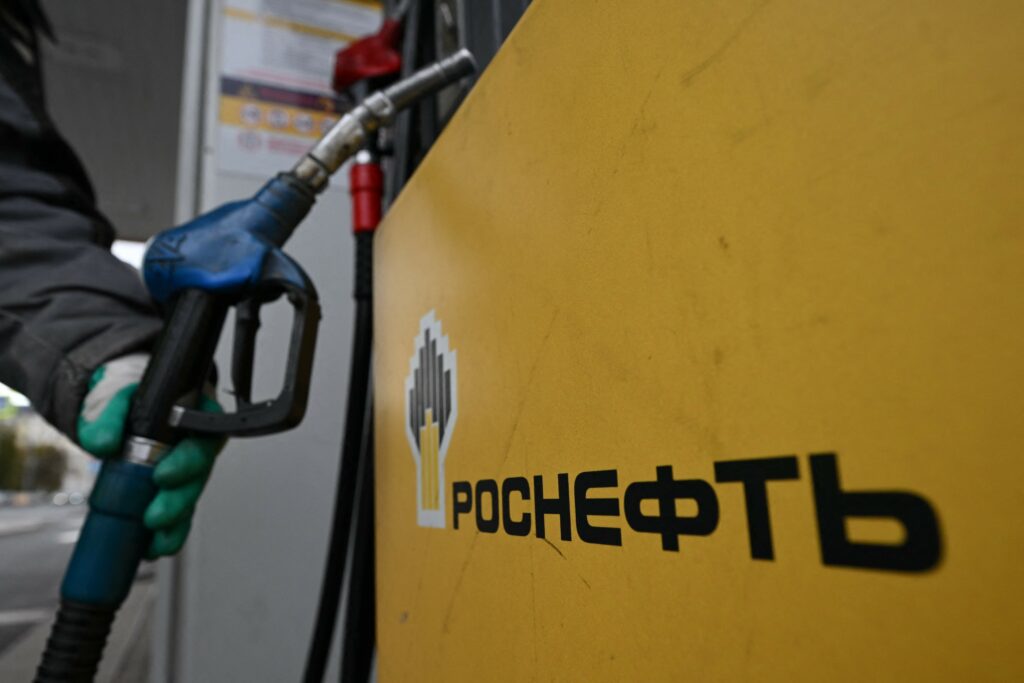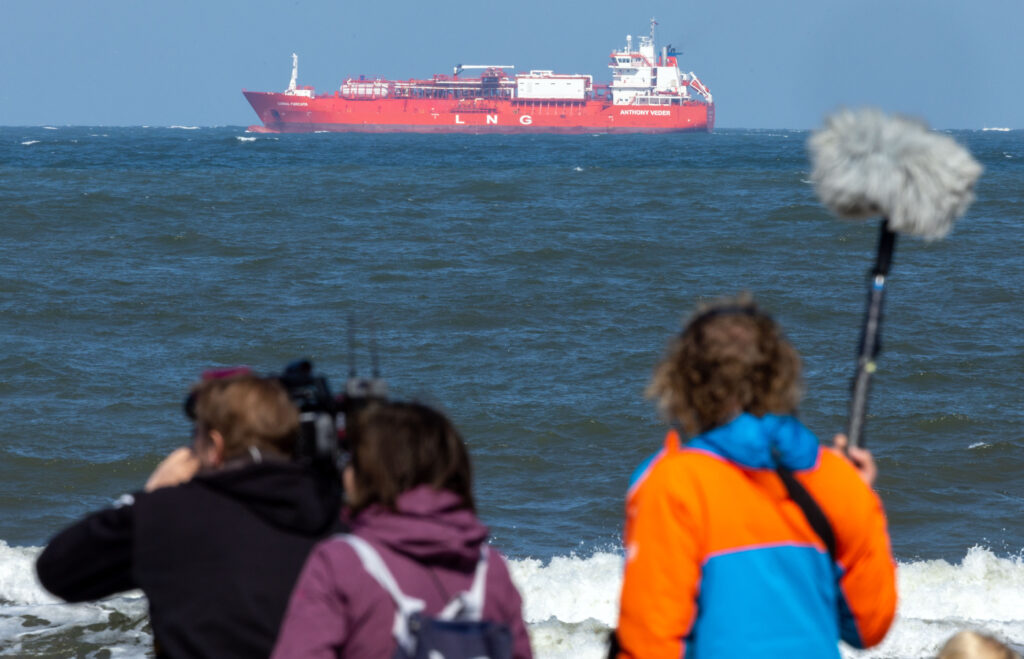Russia historically cooperated with European countries on developments in the Arctic. The first Russian icebreakers, including Yermak, were built in English shipyards in the end of the 19th and in the beginning of the 20th century. Most of the Russian icebreakers built during the Soviet Union, and in contemporary Russia, were constructed in Finnish shipyards. From the breakup of the Soviet Union to the start of the invasion of Ukraine, EU companies were actively involved in Russia’s energy and recourse extractions projects. The EU provided support for environment protection projects in the Russian Arctic Zone. Russian Arctic energy projects, especially LNG, previously targeted the EU energy market. However, since the start of the full scale Ukraine invasion, EU companies rather left or froze their activities in the joint projects in Russia’s Arctic zone.
This analysis aims to explore the history and outlook of EU-Russia relations in the Arctic.
History of relations
Since the 2000s, the EU’s Arctic policy has developed, including towards Russia, along several vectors. Some of these centre around the security implications of climate change; other vectors focus on how the EU could gain legitimacy and influence in regional fora; the EU has also been highlighting its rights and responsibilities in the region, while seeking access to Arctic resources and sea routes to East Asia. For achieving to those targets, the EU almost always had difficulties with more established Arctic states, particularly with Russia and after February of 2022 the relations between two were frozen.
The prospect of using rich Arctic resources that are becoming more accessible due to melting icecaps hugely influences EU involvement in the region. Moreover, increased navigation in the Arctic Ocean encourages the EU to support the principle of freedom of navigation in the Arctic passages and avoid the practices of Arctic coastal states, such as Russia and Canada, towards other countries.
Russia was one of the main challenges for the EU’s permanent observer status in the Arctic Council, a status considered by Brussels as legitimizing its Arctic involvement. Brussels plans to use it as the important intergovernmental platform for discussion of Arctic issues. Canada formally lifted its veto in 2015, but Russia blocked the process. Although the EU sanctions after Russia’s intervention in Ukraine after 2015 could be considered as the main source of Moscow’s decision, even before 2015 Russia did not want to support EU observer status at the Arctic Council.
The EU considers the US and Canada as strategic partners; before the start of Russia’s invasion of Ukraine in 2022, Brussels viewed the Arctic as one of many relevant topics for further cooperation with Russia, especially since scientific cooperation and climate change affects in the High North demanded joint efforts. Despite the fact that after 2014 the relations deteriorated between the EU and Russia, the EU had and has essential financial, technological and expert resources which were and are vitally important for development of Russia’s Arctic projects.
Deteriorating relations with the West, and subsequent changes to Moscow’s foreign and external security policies, exerted influences on Russia’s official documents. These began to reflect increased tensions with the West and warmer relations with China. Russian officials faced the economic challenges of isolation, as well as new demands to securitise the Arctic. They sought new opportunities to find natural resources previously covered by ice or permafrost. Accordingly, in recent years the extraction of natural resources and the development of the Northern Sea Route have increased due to climate change. Understanding the prospective economic benefits pushed Russia to strengthen its military presence in the Arctic before February 2022.
Amid all this, the invasion of Ukraine and following western sanctions hugely affected EU-Russia relations in the Arctic, freezing almost all the cooperation established in recent years.
Impacts of the invasion of Ukraine
Russia’s invasion of Ukraine has been dramatically affecting Russia’s relations with other Arctic states. The war has negatively affected cooperation between the EU members and Russia in regional forums such as the Arctic Council (AC), the Barents Euro-Atlantic Council (BEAC), the Council of the Baltic Sea States (CBSS) and the Northern Dimension have either been significantly scaled down or suspended. Russia terminated its memoranda with the Nordic Council of Ministers, which includes Denmark, Iceland, Norway, Finland, and Sweden, to establish information centres in St. Petersburg and Kaliningrad.
Russia’s invasion of Ukraine tremendously affected EU-Russia economic relations as well. The invasion burdens Russia’s Arctic projects and EU companies have terminated or frozen their activities in them. Numerous Russian projects have already been postponed. Russia’s energy projects in the Arctic are one of the main resources of the Russian economy and one of the export markets of them, especially LNG, is still the EU.
Although the European Union’s LNG imports from Russia in 2022 rose by 31% and 35% compared to 2020 and 2021 volumes, the share of Russia’s pipeline gas in EU imports dropped from over 40% in 2021 to about 8% in 2023. For pipeline gas and LNG (share: 6.1% -17.8 bcm) combined, Russia accounted for less than 15% (LNG share: 6.1% -17.8 bcm) of total EU gas imports. In 2023 Russia sent LNG costed at 8.1 billion Euro to EU countries via its primary LNG export port, Sabetta. However, Russia’s dependence on the European market is greater than the EU’s reliance on Russian LNG. Yet, there are juridical obligations which Russia may benefit from. For instance, the Yamal LNG relies on long-term offtake agreements to distribute liquid gas in Belgium. «Novatek’s portfolio includes contracts for transshipment in France. In the short term, Yamal LNG shipment will still benefit from long-term 20-years contracts. Therefore, it remains unclear if or how EU member states could terminate existing contracts.
The United States’ sanctions on Russia’s LNG exports, including Russian and international entities involved in NOVATEKS’s Arctic LNG 2 and the threat of retaliatory sanctions prompted Chinese, Japanese, French and other companies to avoid or freeze their participation in the project.
Sanctions target project construction, shipbuilding and the marketability of liquefied gas. Some EU financial institutions cut off participation in the Russian LNG projects. Among them Italian Intesa Sanpaolo and Cassa Depositi e Prestiti (CDP) terminated their involvement, and Export Credit Agency SACE abandoned Arctic LNG 2 due to the risk of secondary US sanctions in 2024.
As Russia actively uses schemes to circumvent sanctions, including for the constructions of the LNG projects. Despite EU sanctions prohibiting export of prefabricated modules, Arctic LNG 2 continued to receive them from China. Reportedly, besides Chinese companies, EU firms have also supplied over $ 630 million worth of equipment to Arctic LNG 2.
In 2024, the European Commission issued new sanctions. The ban on transshipment of Russian LNG in EU ports with re-export to third countries, as part of a new round of EU sanctions adopted on June 24, can affect up to 11.8 million tonnes of contractual obligations of NOVATEK’s Yamal LNG, which continued delivering modules from China to Russia throughout 2023 and into 2024. There are the Arctic LNG 2 and Murmansk LNG among 116 individuals and entities in the list of the EU’s 14th package of economic and individual sanctions on Russia. The EU will forbid reloading services of Russian LNG in EU territory for the purpose of transshipment operations to third countries. This will cover both ship-to-ship transfers and ship-to-shore transfers, as well as re-loading operations. New investments, as well as the provision of goods, technology and services for the completion of LNG projects under construction, such as Arctic LNG 2 and Murmansk LNG will be prohibited. However, it does not affect import but only re-export to third countries via the EU. Moreover, the ban appears to not take effect until March 2025 allowing Russia to tranship LNG for another full winter season.
However, Russia had started to diversify its exports of energy resources and increase its exports of natural gas and crude oil to Asia even prior to 2022. Since February of 2022, Russia has partially succeeded in re-routing Arctic oil to China and India. If in February 2022 Russia exported about 400,000 barrels of crude oil to Northern Europe, in Decembre 2022 this figure decreased to zero, while exports to Asia reached 300,000 barrels per day. Although Moscow already had a detailed plan or import substitution of equipment for oil and gas production, this issue has been acute for Moscow since the beginning of 2022.
The invasion of Ukraine also affected Russia’s cooperation with the EU companies in the construction of the icebreakers, vessels are vital for the development of the Northen Sea Route and the Russian economic projects in the Arctic. For instance, The Finnish company Wärtsilä exited from the Russian market. The design and construction of heavy icebreakers for use in the Russian Arctic represents a unique technological development where Russia considers itself the world leader, though Finnish ship designers have been at times influential partners.
Perspectives
Currently EU-Russia relations in the Arctic have reached a nadir. Scientific cooperation has been curtailed and it is a huge problem amidst increasing climate change, which demands joint circumpolar action. Moreover, Russia’s invasion of Ukraine also affects the Arctic indigenous peoples living in Russia. Furthermore, Russia’s aggression pushed two Arctic EU members, Finland and Sweden, for membership of NATO. Although their membership strengthens their security and NATO in the region, the intensified non-conventional military build-up and asymmetric security approaches by Russia may further increase tensions in the Arctic. On the other hand, Russia’s foreign policy behaviors and effects of economic sanctions also increasing the involvements in the Arctic of non-regional powers such as China. Although it is early to discuss appearances of new alliances, but the changing power balance in international system may increase new geopolitical dynamics in the region in the coming years. Such developments are of great concern for the EU, which, in line with its Arctic policy outlined in successive Commission communications and Council conclusions, has been actively involved in matters relevant to the Arctic. The changes in the security and increasing China and other non-regional powers’ involvements in the Arctic, all touch upon core interests of the EU.
Some experts identify the current state of EU-Russia relations to resemble a Gordian knot or a deeply entrenched and unsolvable problem, at the same time, based on the research on the official EU documents on the Arctic, they argue that there are more cooperation rather than conflict language, indicating the Arctic might hold some lessons about the future EU-Russia relations after the war.
That said, the European Parliament has been advocating for enhanced protection for the Arctic region, for peaceful cooperation while taking into account the new security realities and for a stronger EU policy in the Arctic that is better adapted to the current geopolitical situation.
It should be noted that the need for dialogue among the Arctic states are repeatedly stated by Russian foreign policy officials. They noted the growing confrontation, uncertainty in relations, and the lack of dialogue on all pressing issues, including in the sphere of security policy, are of serious concern. However, it seems that, like with before the invasion of 2022, Moscow mostly wants to have cooperation with the Arctic states, including EU members rather than with the EU as an institution.
Russia has vital interests in keeping the Arctic stable due to its need for foreign investments and technology for off-shore oil and gas extraction in tough Arctic conditions. But Russia’s invasion of Ukraine, and the increased tensions with the West challenge its intentions to keep economic and political issues separate. Although Russia tries to diversify its economic partners, and China and other Asian and Gulf countries can provide investments and technology to the some extent, it is also logical for Moscow to diversify from China with other powers such as India or even with the EU. However, it is only possible after the end of the war in Ukraine Even then, it seems the relations between the West and Russia would not return back to the level before 2022; frostiness in EU-Russia relations in the Arctic will continue in the upcoming years as well. However, most probably, some dialogue and especially scientific cooperation and common intentions to resolve climate change affects in the High North may happen again after the end of the war in Ukraine.
